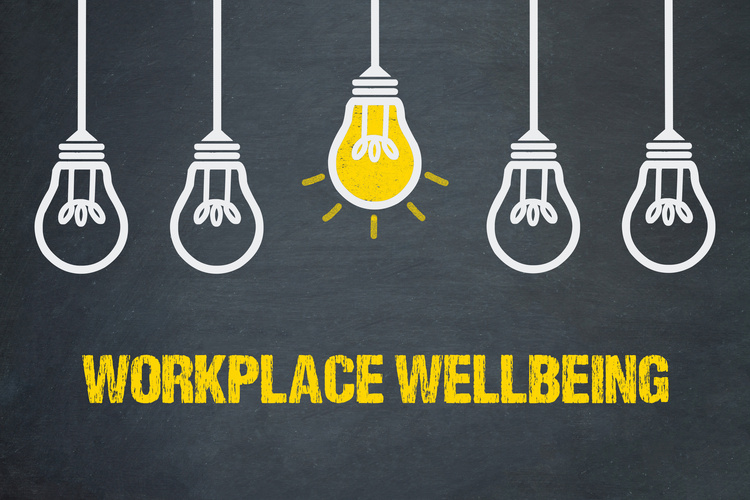Lockdown Wellbeing

With the third lockdown adding insult to injury when it comes to our workplace wellbeing, it’s good to hear there is a new way to engage teams and teach healthy wellbeing habits.
David Miller, CEO of Red Brick Road has recently joined digital ‘well-tech’ start up The Wellbeing Games. They’ve created a 10-day event which gamifies how teams learn better sleep, nutrition, mindfulness, movement and connection techniques.
To get you started, David has kindly given us a few tips:
Movement
Try and hold a plank for up to 1 minute
Unlike crunches, planks activate all muscles in the core, and are one of the most effective exercises for strengthening abdominal muscles. A strong core is important for everyday movements, as well as improving stability and balance, and relieving back pain. Additionally, side planks have recently been shown to reduce spinal curvature in scoliosis patients, meaning they can help reduce the chance of spinal problems, or the need for future corrective surgery.

Connection
Do something nice for someone today
Doing something nice, the physical act of kindness, can have a significant effect on a person's wellbeing, in addition to that of the person for whom the act is done. In recent studies, those who engaged in kind acts were shown to have sustained increases in positive affect, reducing anxiety and stress. The act of volunteering has been associated with reductions of levels of inflammation in the body, protecting from risk of hypertension and cardiovascular disease.
Nutrition
Drink 1/2 pint of water for every 15kg of body weight
Even mild dehydration (1-3% of body weight) can impair many aspects of brain function, including mood, concentration, frequency of headaches, working memory, and feelings of anxiety and fatigue. This percentage of fluid loss can occur easily through normal daily activity; fluid loss is even higher when exercising or in high heat conditions. Water is vital in many bodily functions, aiding hormone regulation, neurotransmitter production, oxygenation of cells, and removal of toxins, all contributing to an individual's physical and mental wellbeing and performance. It has even been found that drinking just 300ml water can boost attention by 25%.
Sleep
Avoid caffeine after midday
Caffeine has a 1/2 life which means if you drink it after midday it has a stimulant effect until after midnight! The effect can be seen many hours after caffeine intake (detectable on sleep parameters up to 16 hours after ingestion, albeit with only a small effect at this time point). It also reduces total sleep time, and increases time taken to fall asleep, even in small doses.
Mindfulness
Boil the kettle and really listen to the sound of the kettle
Mindfulness has been shown to affect many aspects of psychological wellbeing, including increasing positive emotions, improving mood and job satisfaction, and decreasing anxiety and emotional reactivity. It is now also believed to reduce blood pressure and cognitive decline, and may even improve the immune system (shown by the increased level of T-cells and C-reactive proteins, both important components of the immune response, in patients who regularly practice mindfulness).
From hydration tips to desk-based movement exercises, it’s assessable stuff. If you’re interested in learning more for your business and taking part in The Wellbeing Games at your work, you can get further information from david@thewellbeinggames.com
